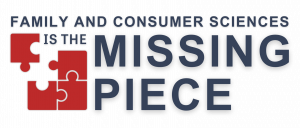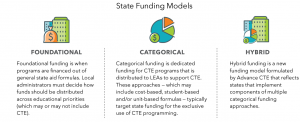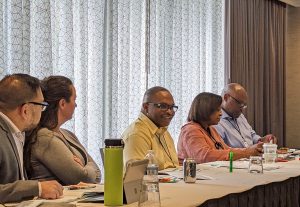The views, opinions, services, and products shared in this post are solely for educational purposes and do not imply agreement or endorsement by Advance CTE, nor discrimination against similar brands, products, or services not mentioned.
Work-based learning (WBL) programs play a pivotal role in preparing learners for successful careers by integrating hands-on skills training into their educational experience. Career Technical Education (CTE) leaders can enhance the effectiveness of these programs by sharing fundamental strategies to identify key areas of opportunity for advancement, and leveraging proven tools like Kuder Connect 2 Business® to bring additional efficiencies to statewide and district efforts. Visit Kuder’s website to access the newly released Work-Based Learning Playbook.
There are six ways states can lead in providing consistent standards of quality in WBL including:
Provide Inclusive Opportunities
WBL experiences must be accessible to every student regardless of their race, identity, ability, or socio-economic background.
Promote Learner Choice and Autonomy
Encourage learners to take ownership in their career preparation and training to create more engaging and effective learning experiences.
Create Collaborative WBL Ecosystems
WBL programs require consistent collaboration between learners, educators, and employers to produce meaningful outcomes.
Provide Quality, Sustainable WBL Opportunities
Learners need to be able to gain relevant, hands-on experience from their WBL activities while in a safe and regulated environment.
Have Clearly Defined & Tracked Measurements
There should be complete clarity and consistency on the goals, expectations, and procedures of each WBL opportunity.
Help Participants Develop Transferable Skills
Providing a quality WBL experience means reinforcing academic concepts with real, applicable skills that can be utilized within numerous personal or professional situations.
Next Level WBL Success
These critical concepts are just the start of developing a high-quality WBL for every learner in your state. Even if you’ve got a clear plan for how you want to revolutionize your local, district, or state-level WBL design, it will require a significant commitment from you and your staff to implement.
“Kuder’s responsiveness and commitment to ensuring we’re supported for WBL completion and ICAP reporting has been outstanding,” said Brent Haken, CareerTech State Director in Oklahoma. “Working in partnership with OSDE, C2B will expand WBL in the state and strengthen education and business partnerships.”
To streamline WBL, you can leverage Kuder Connect 2 Business’ proven WBL tools to streamline the entire process with real-time reporting, business profile management capabilities, and more!
Visit with Connor Harrington, CEO of Kuder, Inc. and John Milroy, Vice President of Partner Solutions at the Advance CTE Spring Meeting to learn more about elevating work-based learning and career readiness in your state.
Learn more at www.kuder.com.


 The importance of comprehensive student career preparation for life’s modern challenges is increasingly apparent in the evolving landscape of education and workforce development. Family and Consumer Sciences (FCS) is a pivotal solution, bridging career preparation and employability skills for holistic student readiness across various career facets.
The importance of comprehensive student career preparation for life’s modern challenges is increasingly apparent in the evolving landscape of education and workforce development. Family and Consumer Sciences (FCS) is a pivotal solution, bridging career preparation and employability skills for holistic student readiness across various career facets.

 Project Focus
Project Focus
